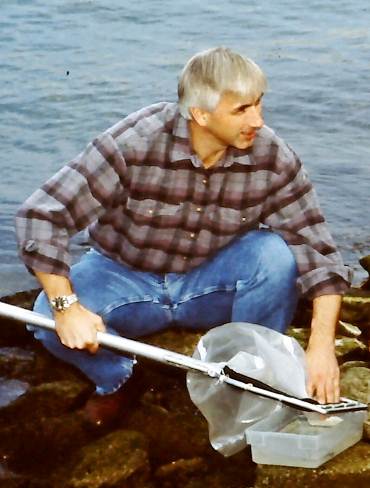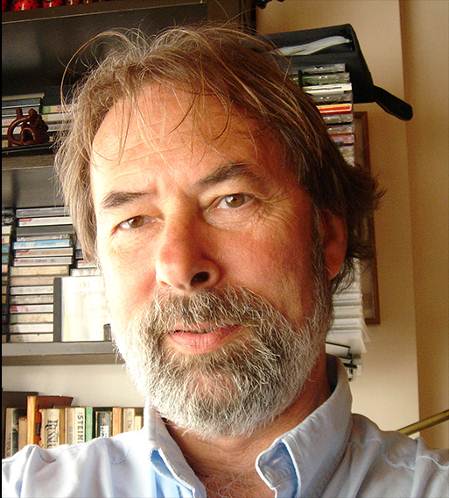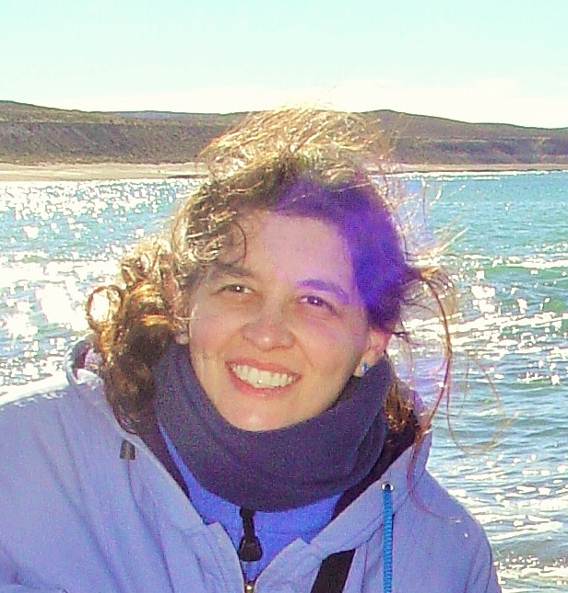We are very excited to announce some of the esteemed speakers who will be giving keynote addresses at this year’s MFIS. Here is a little bit about them to get you hooked! Be sure not to miss these insightful talks which will no doubt inform, invigorate and inspire our conference attendees.
Be sure to check for updates as the conference draws closer and additional keynotes are confirmed.
Hugh MacIsaac
Hugh is a professor and senior Canada Research Chair in Aquatic Invasive Species at the Unive rsity of Windsor. He has worked on invasive species for more than 23 years, and has published more than 150 papers on the topic. Hugh is director of the Canadian Aquatic Invasive Species Network, a consortium of ~30 professors and 60 graduate students and postdoctoral fellows that apply common questions to biological invasions along all of Canada’s coasts and its inland lakes. His lab works mainly on pathways and vectors that transmit aquatic invasive species to ecosystems, particularly the Great Lakes. The lab has also begun exploring whether a molecular basis might exist to explain the impact of highly invasive species.
rsity of Windsor. He has worked on invasive species for more than 23 years, and has published more than 150 papers on the topic. Hugh is director of the Canadian Aquatic Invasive Species Network, a consortium of ~30 professors and 60 graduate students and postdoctoral fellows that apply common questions to biological invasions along all of Canada’s coasts and its inland lakes. His lab works mainly on pathways and vectors that transmit aquatic invasive species to ecosystems, particularly the Great Lakes. The lab has also begun exploring whether a molecular basis might exist to explain the impact of highly invasive species.
Demetrio Boltovskoy
Demetrio graduated with a degree in Zoology from his time at the University of La Plata (Argentina), and received his PhD from the University of Buenos Aires, where he has taught undergraduate and graduate courses in the field of hydrobiology since 1980. His research interests involve marine microplankton (chiefly Radiolaria) as well as various aspects of the biology, ecology, and control of the freshwater invasive mussel Limnoperna fortunei. He is presently affiliated with both the Institute of Ecology, Genetics and Evolution (IEGEBA) at the University of Buenos Aires, and the Argentine National Scientific and Technical Research Council (CONICET).
received his PhD from the University of Buenos Aires, where he has taught undergraduate and graduate courses in the field of hydrobiology since 1980. His research interests involve marine microplankton (chiefly Radiolaria) as well as various aspects of the biology, ecology, and control of the freshwater invasive mussel Limnoperna fortunei. He is presently affiliated with both the Institute of Ecology, Genetics and Evolution (IEGEBA) at the University of Buenos Aires, and the Argentine National Scientific and Technical Research Council (CONICET).
Evangelina Schwindt
Evangelina is co-founder, and current head, of the Grupo de Ecología en Ambientes Costeros(Ecology in Coastal Environments Group) which is part of CONICET and based at the Centro Nacional Patagónico. She achieved her Licenciada and Doctorate at the Universidad Nacional de Mar del Plata (Argentina), and was a Postdoctoral Research Associate with Williams College – Mystic Seaport (USA). During her studies, Evangelina has been awarded with both the prestigious Antorchas Foundation and Williams Foundation fellowships, received support from the TWAS foundation, the American Museum of Natural History, the National Geographic Society and the Linnean Society of London among others. Her expertise is in ecology, biogeography and historical ecology of marine biological invasions, and she has lead several interdisciplinary projects involving marine harbor invasions, environmental management and rapid assessment programs across the Americas. Evangelina is currently a CONICET-Independent Researcher in Puerto Madryn with research interests focusing on patterns and processes involving invasive ecosystem engineers in marine fouling communities. Emphasizing the implications for legislation and monitoring programs, she’s also dedicated to collaborating with national and regional governments in management decision on marine invasive species.
del Plata (Argentina), and was a Postdoctoral Research Associate with Williams College – Mystic Seaport (USA). During her studies, Evangelina has been awarded with both the prestigious Antorchas Foundation and Williams Foundation fellowships, received support from the TWAS foundation, the American Museum of Natural History, the National Geographic Society and the Linnean Society of London among others. Her expertise is in ecology, biogeography and historical ecology of marine biological invasions, and she has lead several interdisciplinary projects involving marine harbor invasions, environmental management and rapid assessment programs across the Americas. Evangelina is currently a CONICET-Independent Researcher in Puerto Madryn with research interests focusing on patterns and processes involving invasive ecosystem engineers in marine fouling communities. Emphasizing the implications for legislation and monitoring programs, she’s also dedicated to collaborating with national and regional governments in management decision on marine invasive species.

